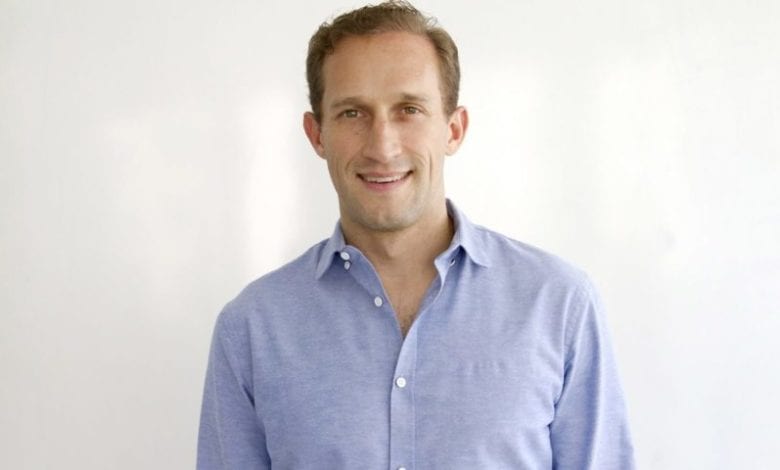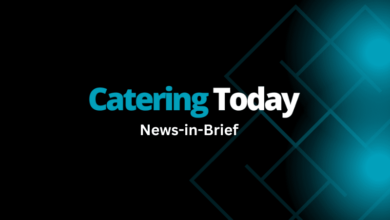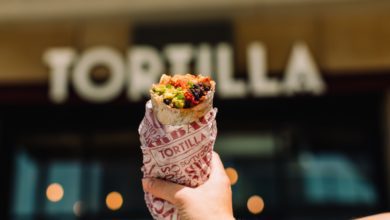Opinion
How digital tech like AI and chatbots is changing the catering industry

Digital technology has revolutionised the way customers search and choose what hotel accommodation to book when travelling for business or pleasure. In addition, digital technology and social media now play a major part in forming customer expectations of hotels and helping to influence which hotel a customer will choose.
You'll need to
subscribe to unlock this content. Already subscribed? Login?











